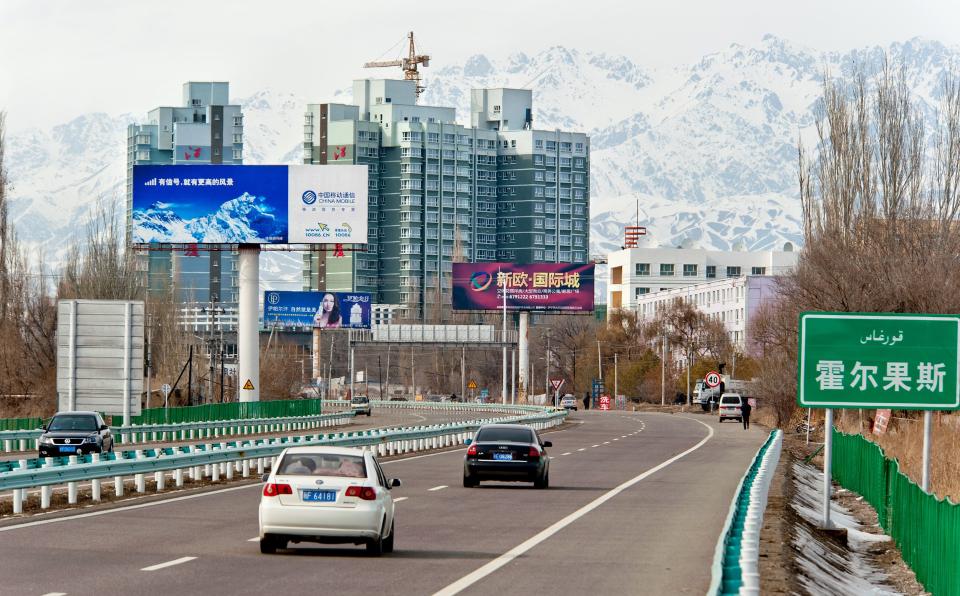Khorgos, a border city in Xinjiang Uyghur Autonomous Region, has been described as a tax haven following a string of preferential tax policies after it was designated a special economic zone in 2010. Companies rushed in to register subsidiaries there, but a slew of them canceled their local branches this year amid fears the local authority is tightening its policies. Shanghai-based news portal yicai.com editorializes that tax preference zones are "unscientific" and should be eliminated without delay.
With a permanent residential population of merely 87,000, the city of Khorgos is home to some 22,600 businesses of all kinds and had a combined registered capital of 302.1 billion yuan (US$43.8 billion) at the end of 2017, according to the local government. But 98 percent of these businesses only registered to gain a business license, and have few or no fixed assets or regular employees there, nor operational businesses, the editorial claims.
While enjoying the preferential local policies, such companies contribute little to local employment and consumption, yicai.com notes. Allowing them to register without requiring local operations also harms fair competition among companies and the unified market, conceals their real performance, and makes the State lose a source of taxation revenue, the editorial says.
More importantly, it's all happening in the context of a proactive fiscal policy featuring China’s move to reduce taxes and fees. With different tax reduction policies implemented, China’s public fiscal sustainability is tested. So it is essential to prevent the loss of a tax source and safeguard fair taxation, the portal says, calling on the State to clean up local tax havens.

 Old Version
Old Version